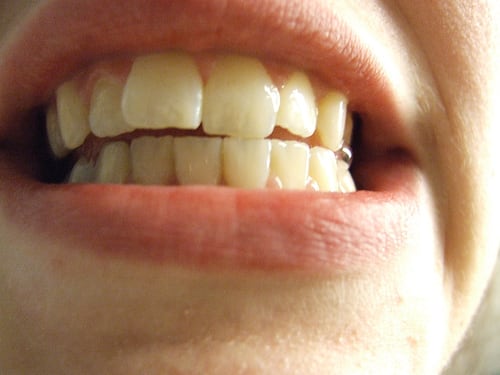The company told ConfectioneryNews.com that responsible consumers would be unfairly punished and that changing attitudes was the only sustainable solution.
Assembly to chew on gum tax
The Welsh Assembly is set to debate upon whether to introduce the 5p levy after Welsh Conservative Darren Millar won the right to propose a private member’s bill in Welsh legislature.
If passed, The Chewing Gum Levy Bill would see consumer in Wales pay a 5p tax at the point of sale on each chewing gum pack. Proceeds from the levy are planned to go towards educational campaigns, improved enforcement and clean-up costs.
Wrigley, which commands around 75% of the UK gum market according to Euromonitor International, argues strongly against the tax.

Wrigley: Dental health and a license to litter
A Wrigley spokesperson told this site: “Such a tax may deter some consumers from buying chewing gum and this could have a detrimental effect on the UK's oral health, as chewing gum is beneficial for dental health.”
The spokesperson argued that while the majority of consumers disposed of gum correctly “others may see such a tax as a licence to dispose of their gum irresponsibly as they will feel that they have already paid for it to be removed”.
“The only effective, and sustainable, solution to littered gum is to encourage people to dispose of their used gum responsibly,” they said.
Politician: tax tackles problem
Assembly Member Darren Millar on the other hand feels the tax would be beneficial.
“Chewing gum litter is a blight on our streets which is costing councils thousands to remove,” he said. “The introduction of a small levy on a packet of chewing gum can help to tackle this problem and change the behaviour of those who choose to spit their gum onto our streets.”
Other countries
In 2005, Ireland came close to implementing a chewing gum tax, but lobbying from Wrigley stopped its passage. The gum company ended up pledging€7 million to a campaign fund aimed at reducing litter in Ireland.
In Singapore, the authorities previously tried a different approach – ban chewing gum completely.

For 10 years from 1992, the import, sale and manufacture of chewing gum in Singapore were all punishable by a year in jail and a £3300 fine. Rules have since been relaxed and chewing gums aiding dental health and oral hygiene can now be sold by pharmacists.
Degradable gum solution?
Another way the industry is looking to tackle chewing gum littering is by inventing a gum base that degrades more quickly on pavements.
There are some envoi-friendly gum bases already on the market (see HERE), but Wrigley has its own plans.
The company spokesperson said: “Finding a less adhesive gum is our number one research and development priority and progress is being made.”
“However, in order for a product to be viable, it must meet consumer requirements for taste, flavour and quality of chew – in addition to complying with all necessary food regulations – and this is what presents the real challenge. “
The spokesperson added that even with such technical advances, the most effective solution to gum littering was by campaigning by campaigning to change behaviours.
The Welsh Assembly will debate on whether to allow the proposal to proceed as a Bill during Plenary before 7 November this year.
